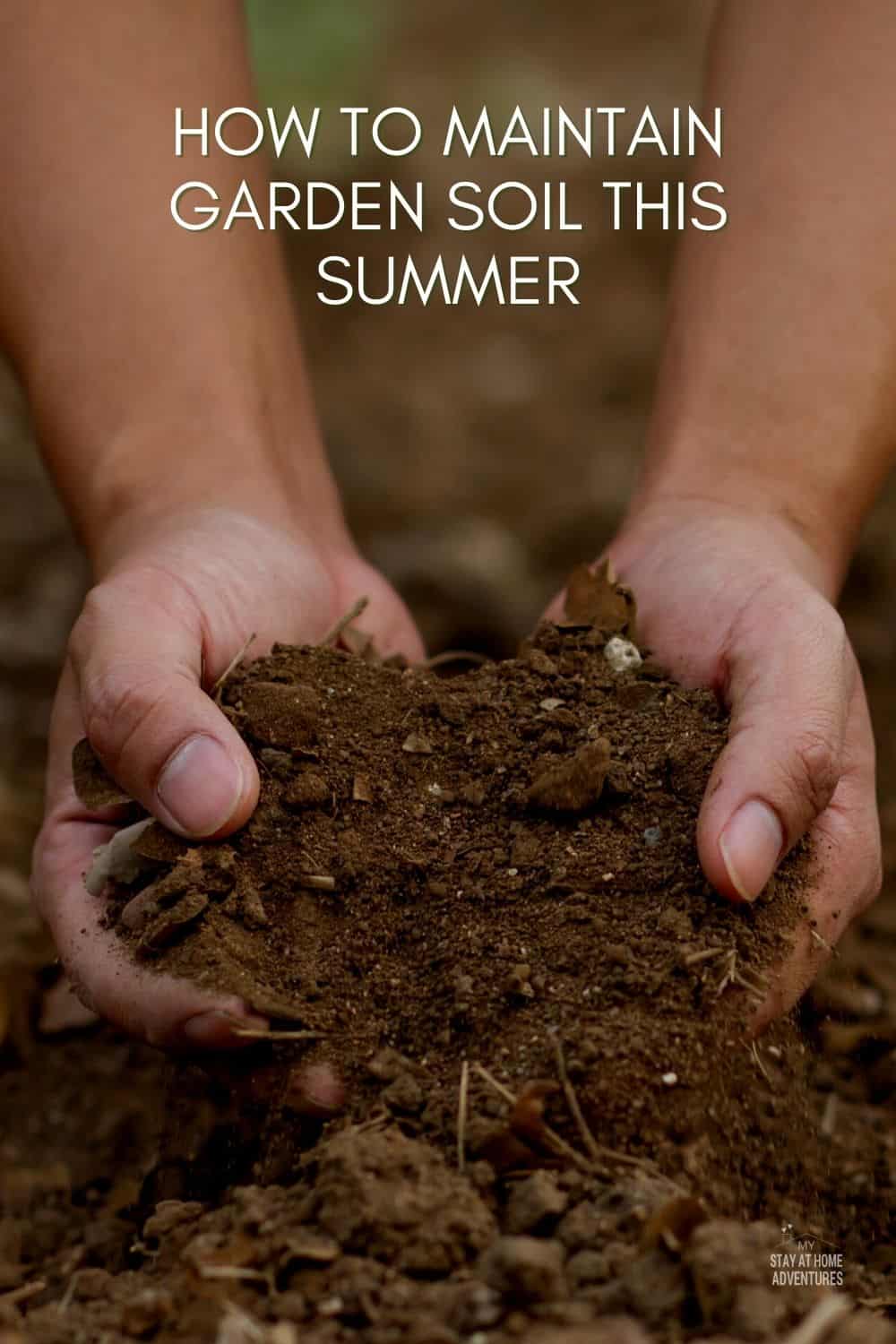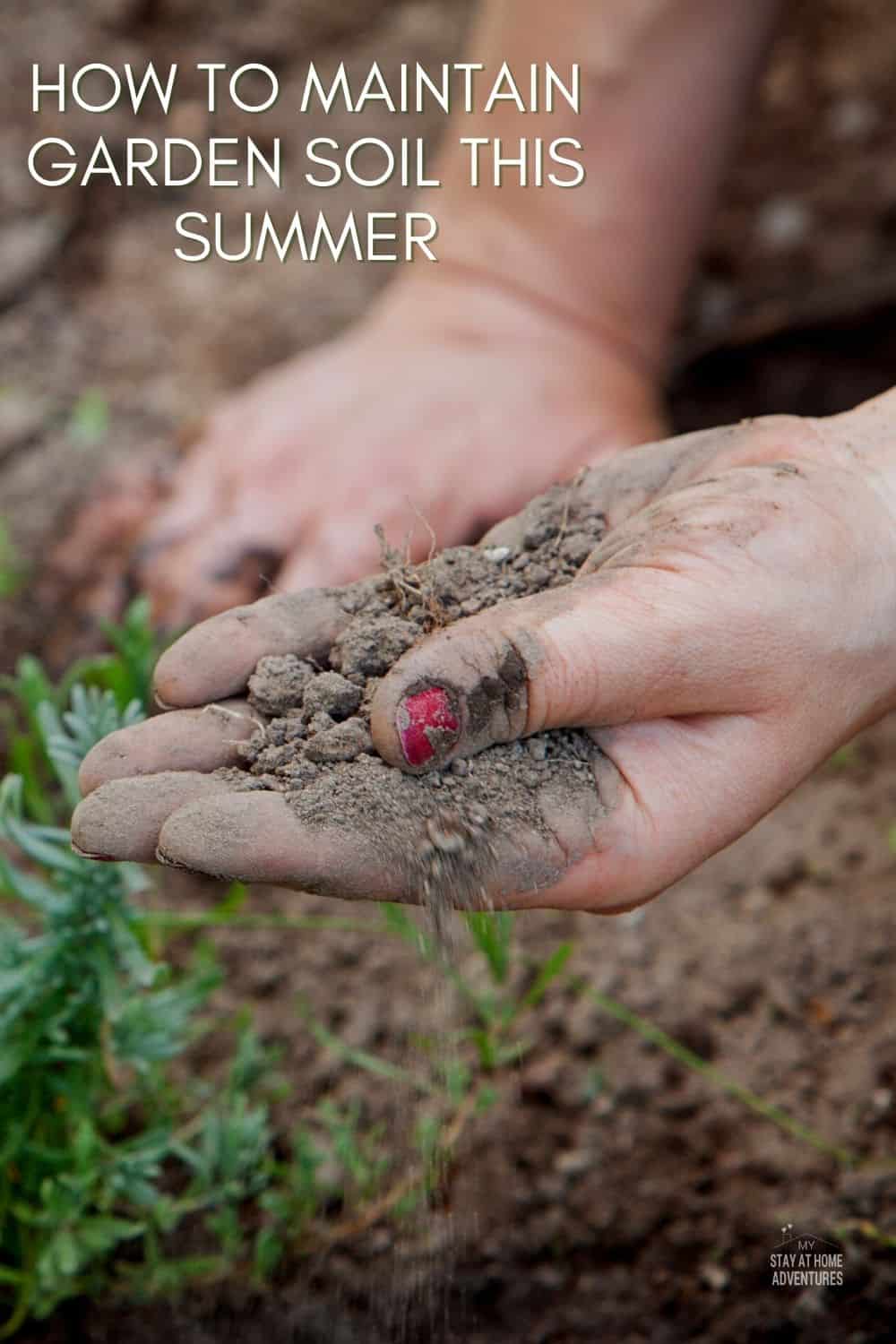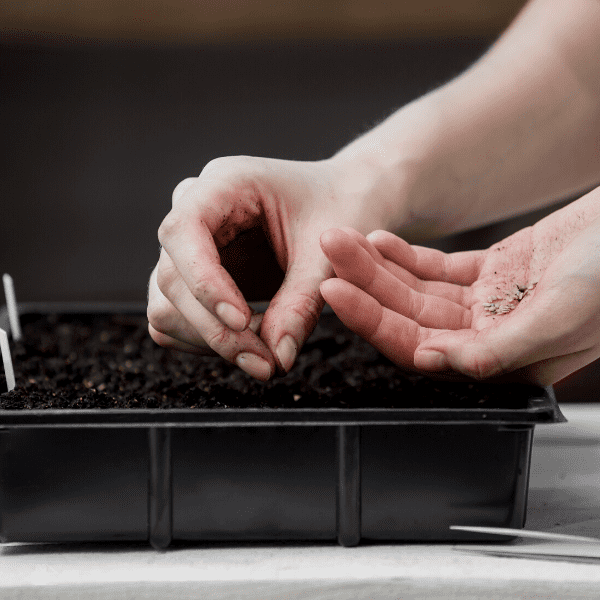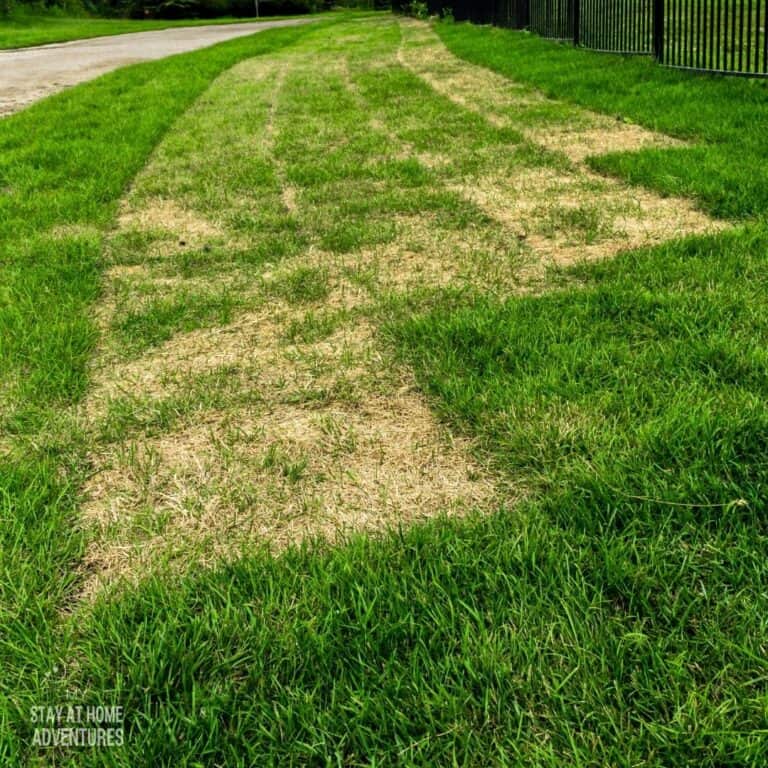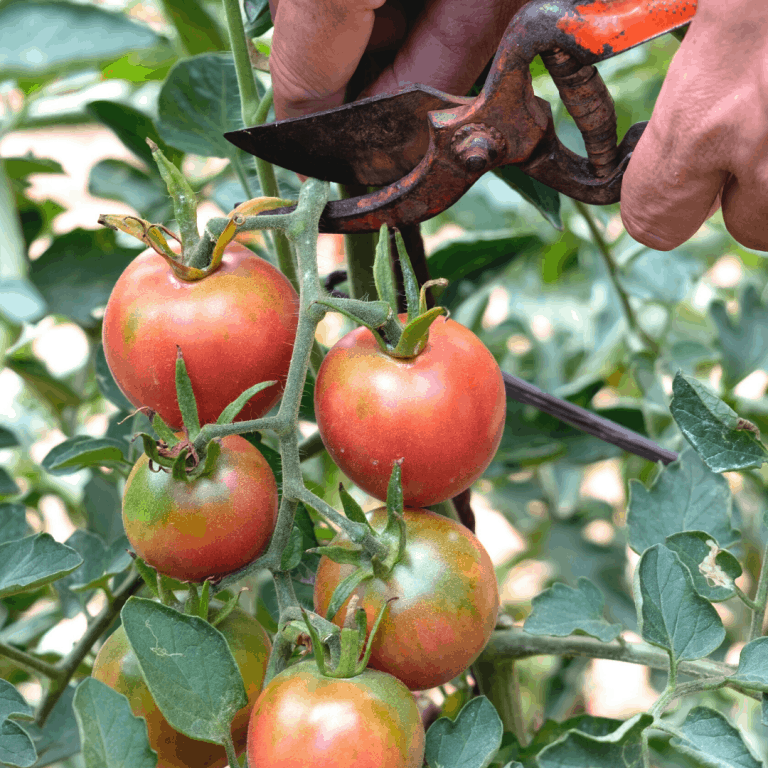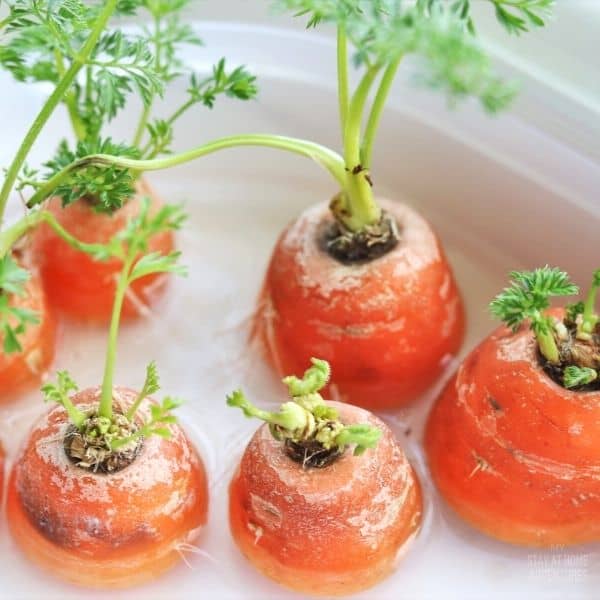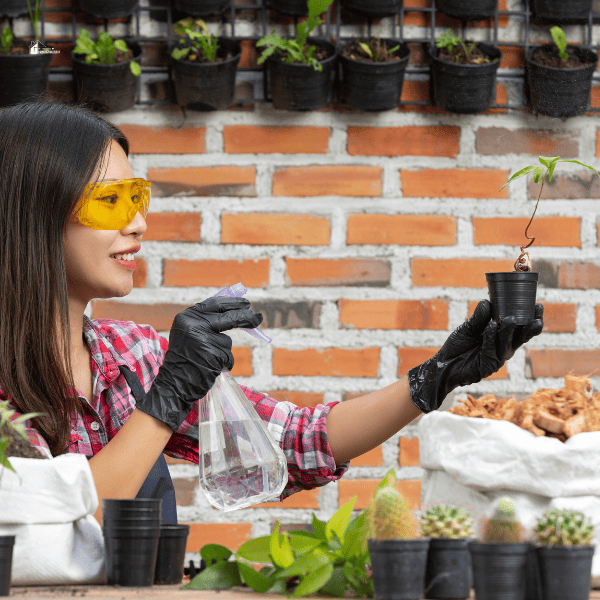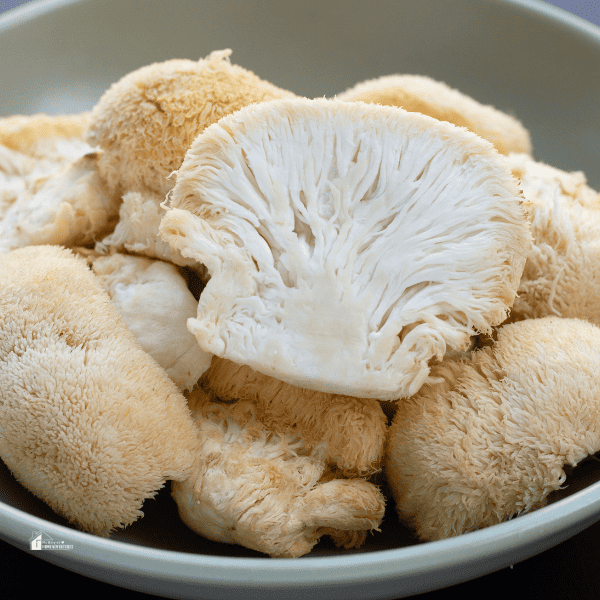How to Maintain Garden Soil This Summer
This post may contain affiliate links which might earn us money. Please read my Disclosure and Privacy policies hereThe idea of a garden filled with homegrown fruits and vegetables or beautiful flowers is exciting. However, one of the areas that people often struggle with is the garden soil.
Before you can grow great things, you need to make sure you can maintain your soil. With hot temperatures and dry days, you may get frustrated, but you don’t have to. Let’s take a closer look at how to maintain garden soil this summer.
Why is soil maintenance important?
Everything thrives in a good environment, right? The soil is a main component of your plants’ environment. Without good soil, your plants will not thrive.
You want to maintain garden soil so that it gives your plants the moisture they need. This can be easier if you take the time to maintain the soil.
How is the soil different in the summer?
In many locations, garden soil can become extremely dry if not well maintained. This is due to the hot temperatures, longer hours of daylight, and drier weather.
All of this adds up soil that will become extremely dry if you don’t take care of it.
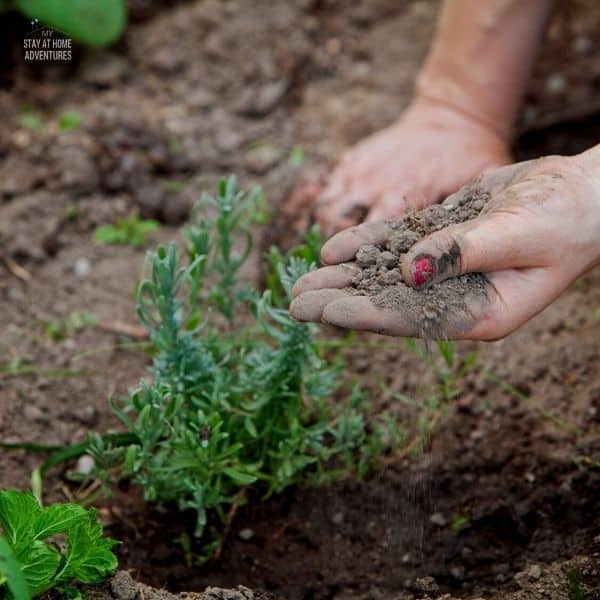
How can you check the moisture level of your soil?
An easy method is to place your finger into the soil. If the soil is damp up to your second knuckle, the soil is moist enough. If the soil is visibly dry and crumbly, it’s going to need some help. Let’s dig into maintaining that soil.
Learn more about gardening:
Use Water Absorbing Materials in Your Soil
You want to work water absorbing materials into your soil. This can include items like coconut coir, sawdust (yes, there are many uses for sawdust), wood shavings, compost, or peat moss.
The way this works is that the organic material breaks up the soil so that there aren’t tight pockets of soil.
This way, the water can truly penetrate the ground. If the water just sits on top of the garden, it will never reach the roots and will evaporate quickly.
Pull Those Weeds
Weeds are moochers. Plain and simple. Weeds steal nutrients and water from your plants. Instead of letting those freeloaders continue to grow in your garden, do the work (or pay your kids to do it for you) and get all those weeds out of the garden.
If you haven’t mulched your garden, this may take a while. However, the work will really pay off in the end. Your plants will have more nutrients and water.
Add Lots of Mulch
Mulch has so many great benefits. First of all, mulch keeps your soil moist. It helps prevent the sun from penetrating the soil and evaporating the moisture. Mulch also helps prevent weeds.
If you had to spend hours weeding your garden, you’re going to really appreciate this. Mulch holds water in for much longer, allowing your plants to need watering less often.
It also controls the temperature of the soil. You can use a variety of materials for mulch. Stick with natural materials for your edible garden. If you’re working in a flower bed and want something that will last longer, consider rubber mulch.
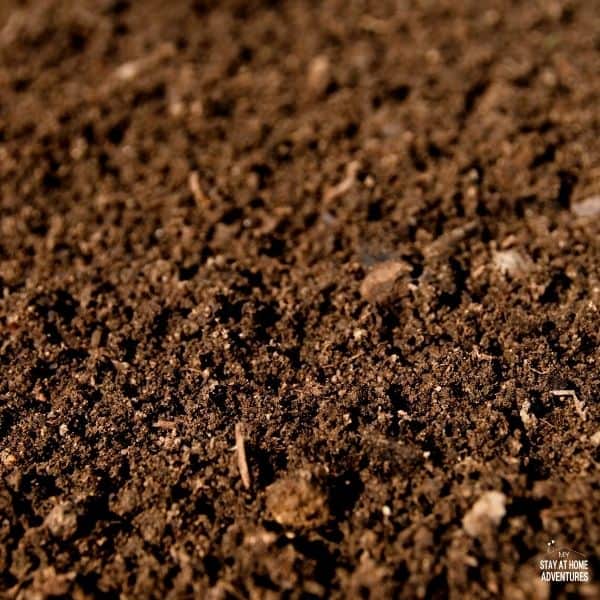
Water Properly
If you’re wondering why your garden soil always seems dry, you may not be watering it correctly. You want to make sure you water your garden early in the morning.
Watering your garden during the middle of the day is the worst thing you can do. The sun will evaporate the water before it has a chance to penetrate the soil.
Also, you want to make sure you’re using a nice soaking spray setting on your hose nozzle. You want the area to become saturated slowly otherwise it will just runoff.
Think about how heavy rain causes pooling of water, but a long, steady rain saturates the ground. This is what you want for your garden soil.
Remember to always water the ground, not the plants. Also, before you water, check the moisture level.
Don’t Overwater!
Last, but not least, remember to not overwater your garden soil. Too much water can be just as bad as not enough. If your plants begin to look yellow and droopy, you’re overwatering them.
This is why it’s important to test the moisture level of your garden soil before watering. For example, if it’s rained for the past week, you may not need to water your garden for a couple of days after it stops.
Cooler than average temperatures may also prevent the need for daily watering.
Your garden soil is easy to maintain. Once you get it going, you’ll have no trouble at all. Just remember to check the soil moisture level and water your garden properly. Also, be on the lookout for any pesky weeds that manage to sneak into your garden.

